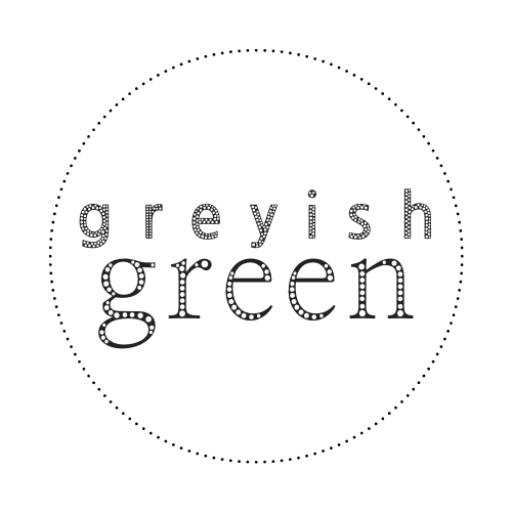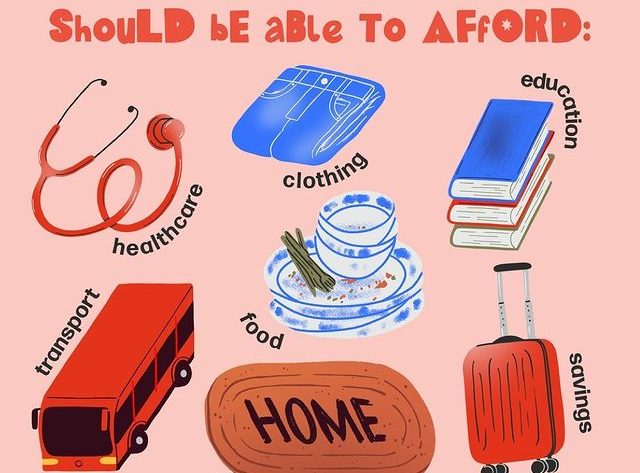It’s not a secret that the fashion industry is unfair to its garment workers. So, how can we prevent sweatshops in the fashion industry? Signing the Good Clothes Fair Pay petition for Living Wage legislation in fashion is an important step.
#rememberingranaplaza
Ten years ago on April 24 in Dhaka, Rana Plaza collapsed. More than 1100 fashion workers died and 2500+ were injured and disabled. The Rana Plaza collapse, one of the worst garment factory disasters in history galvanized the community to do something about fashion exploitation at the core as well as address the endless waste aka trashion. The Rana Plaza building had five factories that manufactured clothing for Fast Fashion Brands Zara, Benetton, Mango, Primark, and Walmart at the time.
#whomademyclothes
In response to the Rana Plaza Disaster, Fashion Revolution was founded by Orsola De Castro and Carry Somers in 2014. A year later, The True Cost, a pivotal documentary, was produced, showcasing concerned individuals, experts, and activists who drew attention to the issues. The Global outcry demanded the end of exploitation rampant in fashion. Prior to the Rana Plaza tragedy, other factory disasters had already occurred such as the Ali Enterprises factory fire in Pakistan, and the Tazreen factory fire in Bangladesh in 2012. These tragedies were preventable.
Great work has been done over the decade, but not enough. #whomademyclothes, one of the top trending hashtags, and the annual #fashionrevolutionweek social media campaign, has kept the pressure on brands to be more transparent. #payup of the Clean Clothes Campaign was particularly effective bringing attention to unpaid wages to garment workers during COVID-19 pandemic.
In 2018, the Accord on Fire and Building Safety in Bangladesh was established between brands and unions, to ensure safety in factories. Pakistan is currently defining a similar accord. All steps in the right direction.
Today, many garment workers, including children, still work in terrible sweatshops.
Sweatshops have existed since the first industrial revolution. Yet, sweatshops keep popping up. It is alarming that millions of garment workers earn so little money that they are trapped in a cycle of poverty. Primarily young women, workers, who make our clothes, are underpaid, overworked, and frequently exposed to hazardous factory conditions.
Can you imagine working 80 hours each week, unable to feed yourself properly and your family, and suffering from malnutrition and mistreatment?
Now, imagine the dream scenario. Imagine an ethical fashion industry, where garment workers are paid fairly. Being a garment worker is a career choice, a desirable and fashionable job. After all, Sewing is fun. Sewing is not a simple skill. Fair pay should be the norm.
The fashion industry is one of the most lucrative industries, with a turnover of €1.6 trillion annually, yet one of the most unfair.
The mindless pursuit of profit is certainly the underlying cause. The consumer hunger for fast fashion plays a role.
Shockingly, according to Fashion Revolution research, a top fashion CEO earns in four days what a garment earns in one year. The objective of a business is to make a profit, which leads to indifference to exploitation and pollution. In Fashion, major brands aka fast fashion brands have market power. The truth is even midsize all the way to Large luxury brands, work with production houses that pay workers poorly. Being money-making machines, brands need to operate within their values and ethical principles, such as their Corporate sustainability due diligence directive, and give back to the community in equal measure that they benefit.
What is the solution to fashion inequity?
To address this issue, the Good Clothes Fair Pay Initiative is calling for living wage legislation. Living wages are wages that allow workers to provide for themselves and their dependants’ basic needs, including food, housing, education and healthcare, as well as some discretionary income for unexpected events.
If you need FACTS and Figures on wages in fashion, get them at the Fashion United Website here and Clean Clothes Campaign here and here and Good Clothes Fair Pay here
According to the Clean Clothes Campaign, the average minimum wage for a garment worker in Bangladesh is 8,000 taka per month (approximately €84). It’s lower than a living wage. The living wage amount is 16,000 taka per month (approximately €169). In Bangladesh, a garment worker earns less than the legal minimum wage because of recruitment fees, unpaid overtime, and wage theft. Living wage is calculated on a 48-hour work week before bonuses, allowances or overtime, and after taxes.
According to the Fashion Revolution’s Transparency Index Annual Report 2022, most brands and retailers (96%) don’t publish the number of workers paid a living wage. 13% of the 250 brands mentioned trade unions. Trade unions work to protect vulnerable workers. Brands should work with factories that have unions.
World Fair Trade Organization outlines that poverty wages add to social and climate issues, gender inequality, and gender violence. Promoting fair wages, and safety in the workplace helps to reduce these connected issues.
Can brands and factories afford it?
Living wage is possible through wealth distribution. Smart and ethical choices from leadership are required as a norm.
How can we make living wage law?
Policies and legislation help incentivize action.
Good Clothes, Fair Pay is a solution to make living Wage law in fashion. To end poverty wages in fashion, the Good Clothes Fair Pay petition was launched in July 2022. The Good Clothes Fair Pay petition needs to raise 1 million EU signatures by July 19, 2023. The petition is a European citizen’s initiative, a tool of democracy that allows people to make law. The only difficult part is you need one million EU signatures. The #goodclothesfairwage campaign is a petition for living wages in the fashion supply chain. The #goodclothesfairwage petition calls on fashion brands to ensure living wages in the supply chain.
If it passes, then the living wage legislation will make EU brands responsible for unfairness in their supply chain. If the law is written well, it will help millions of garment workers flourish.

Okay, so what is a living wage?
A living wage is the amount of money needed to have a decent living. The UN mandates that a Living wage is a human right. A decent living means workers can provide for themselves and their dependent’s basic needs of food, rent, education, and healthcare as well as some extra income for emergencies. A living wage is earned in a standard workweek of no more than 48 hours. It is calculated before bonuses, allowances or overtime, and after taxes.
What is the difference between Minimum wage and Living wage?
Minimum Wage should be equal to Living Wage. A minimum wage is a legal amount. Currently, the minimum wage is below living wage. It’s too low for a decent living in most countries. So, citizens need to demand a living wage. Surprisingly, several wealthy countries do not have living wage legislation including the US. the UK, Portugal, and Spain. The US and the UK are currently trying to pass a living wage into law. See the fashion-specific map to find out if you have a living wage implemented in your region here.
Let’s make living wage the norm across the planet. Everyone deserves fair compensation for their work.
Take action now:
For EU Citizens, sign the petition at goodclothesfairpay.eu You need your ID card, and you have to enter the Captcha.
- Share the petition form on your platform or on your newsletter: https://www.goodclothesfairpay.eu
- The official EU application for legislation: https://europa.eu/citizens-initiative/initiatives/details/2022/000004_en
- Review the resources here below to discover key groups working on solutions.
- Support and follow below NGOs
Sources:
Fashion United Statistics compilation:
https://fashionunited.com/global-fashion-industry-statistics
Good Clothes Fair Pay Initiative. (n.d.). End poverty wages in the fashion industry. https://goodclothesfairpay.eu/
https://www.goodclothesfairpay.eu/map
https://www.fashionrevolution.org
Clean Clothes Campaign. (n.d.). Living wage. https://cleanclothes.org/issues/living-wage
https://cleanclothes.org/news/2022/good-clothes-fair-pay-launch
https://cleanclothes.org/campaigns/payup
World Fair Trade Organization. (n.d.). Fair wages. https://wfto.com/fair-wages
resources:
Garment Worker Protection Act in Los Angeles, CA – https://remake.world/stories/news/what-is-the-garment-worker-protection-act-and-why-do-we-need-it/ EU Mandatory Human Rights Due Diligence Legislation – https://www.lexology.com/library/detail.aspx?g=d82de6bb-4a9c-40ef-9572-e87f0b9bd8c8 PayUpFashion campaign by Remake – https://payupfashion.com/ Asia Floor Wage Alliance – https://asia.floorwage.org/ Clean Clothes Campaign – https://cleanclothes.org/
Labour Behind the Label – https://labourbehindthelabel.org/ The Garment Worker Center – https://garmentworkercenter.org/ Awaj Foundation – http://awajfoundation.org/ Support Garment Workers campaign – https://www.supportgarmentworkers.org/donatemoney

